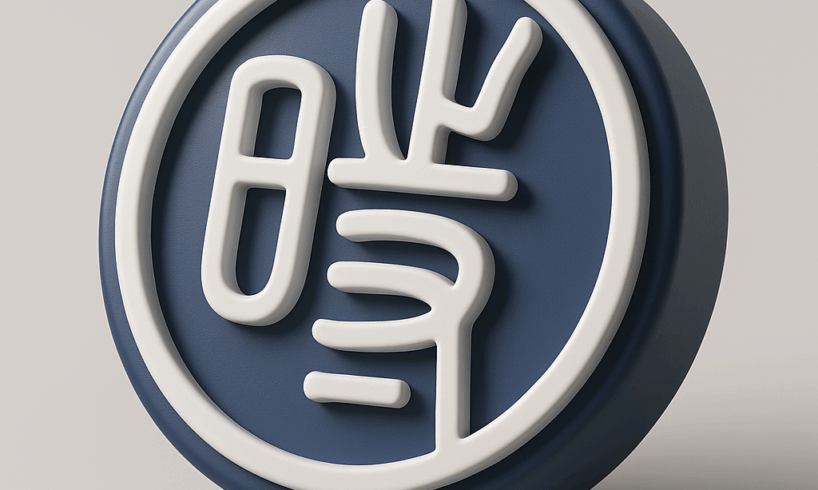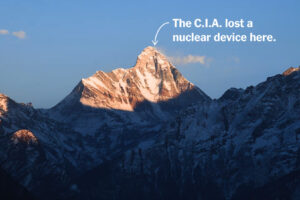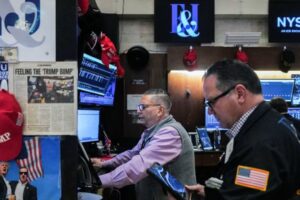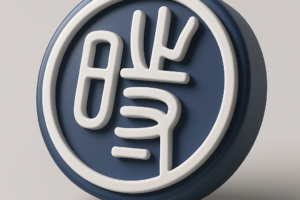
Last week, European Commission President Ursula von der Leyen and European Council President Antonio Costa met Chairman Xi Jinping and Premier Li Qiang for a summit marking 50 years of diplomatic ties between the E.U. and China. The affair demonstrated just how tense their relationship has become, battered by trade imbalances, export controls on critical minerals, and Russia’s war against Ukraine, as well as the unpredictability of U.S. global commitments. As von der Leyen told Xi, “We have reached an inflection point.”
The summit was originally planned to last two days in Brussels, but it was reduced to one day and moved to Beijing to ensure that the European leaders would see Xi. A routine pre-summit meeting was also canceled. Climate change was the only point of substance that made it into the final joint statement. In minor rhetorical gains, both sides agreed to establish a dialogue on export controls to increase transparency, and von der Leyen claimed that Chinese leaders had “expressed willingness to support more consumption and less production.” Assessing the strategic competition in his monthly Watching China in Europe newsletter on Monday, Noah Barkin stated that China is playing hardball by avoiding concessions and expecting Europe to abandon its retaliatory threats:
It should be clear by now that China has no intention of [taking Europe’s concerns seriously and acting on them]. Even EU Trade Commissioner Maroš Šefčovič, who emerged from a March visit to Beijing confident that some sort of package deal might be achieved, has been transformed into a China realist in the span of a few short months. “China did not move an inch,” a senior EU official told me. “We expected them to offer up some cosmetic concessions but even that didn’t happen.” Another EU official put it this way: “The Chinese have shifted gears. They are convinced that they managed the US. And they are confident that they will manage us even better.”
The summit did produce a joint statement on climate, but that contained only vague pledges of future action. There was an agreement to establish what von der Leyen described as an “upgraded export supply mechanism”—code for what Brussels hopes will be a fast track for resolving rare-earth bottlenecks. But in private, European officials say that the weaponization of critical raw materials by China is likely to become the new normal. “We all understand that China is not going to let go of this wonderful mechanism,” the senior EU official said. They expect Beijing to exploit the mechanism to try to establish a quid pro quo between rare-earth flows from China and the loosening of European technology controls.
[…] And so the ball is now in Europe’s court to deliver on the threat implicit in von der Leyen’s “inflection point” language. China is betting on a divided Europe that is unable to deliver on its de-risking pledges, take advantage of its economic leverage, or accept the costs that an economic escalation would entail. With its rare earth controls, China has given Europe a glimpse of the havoc it can wreak if the trade battle gets hot. But if Europe fails to push back forcefully, throwing all the defensive trade tools it has at China, the long-term damage to its industrial base is likely to be profound. [Source]
The relationship has recently deteriorated. In an unusually frank admission earlier this month, Chinese Foreign Minister Wang Yi reportedly told his E.U. counterpart that Beijing did not want to see Russia lose its war against Ukraine for fear that the U.S. would then shift its focus to China. Last week, the E.U. imposed sanctions on two Chinese banks for facilitating trade with Russia, leading to threats of retaliation from the Chinese government. Other recent points of conflict include a WTO arbitration ruling in favor of the E.U. in an intellectual property dispute with China regarding mobile technology; a European Parliament delegation visit to Taipei; and an E.U. investigation into Chinese subsidies for medical devices. Meanwhile, Xi argued during the summit that the challenges facing the E.U. “do not come from China.” Engin Eroglu, chair of the European Parliament’s China delegation, summarized, “In this atmosphere of strategic mistrust, the mood is clearly tense – if not frosty.” Kelly Kasulis Cho and Lyric Li from The Washington Post shared other reactions from analysts highlighting the souring relations and growing disconnect between the two parties:
“There is now little mutual trust between China and the E.U.,” said Li Xing, director of the European Research Center at Guangdong University of Foreign Studies. “Many in China or Europe — myself included — can see that current state of bilateral relations is chilly, and they have long abandoned a rosy view.”
[…] China “underestimates Europe’s resolve” on Russia and Ukraine, and is “at risk” of pushing the bloc too far with its hard-line stance, said Ja Ian Chong, an associate professor of political science at National University of Singapore.
[…] China thinks “it can put more pressure on Europe given the tenser relationship between European States and the United States,” Chong said. “It has the belief that Europe, especially on the economic front, has more reason to work with Beijing on Beijing’s terms.”
“China needs more friends. And China sees in Europe the opportunity to focus more on collaboration in the near term, especially given the strained relationship between the U.S. and Europe,” said Keyu Jin, an economist affiliated with the Hong Kong University of Science and Technology and Harvard University. [Source]
A barrage of editorials from Chinese state media attempted to push for more E.U. collaboration with China: “Negative thinking not good for China-EU ties” (China Daily), “Half a century on, China-EU ties require collaboration rather than division” (People’s Daily Online), “Greater benefits will only come from partnership rather than rivalry” (Xinhua), and “China-EU cooperation vital amid complex global landscape” (CGTN). Ambassador Cai Run, Head of the Chinese Mission to the E.U., landed an op-ed in Euronews titled, “China and the EU: Partners for mutual success.” A South China Morning Post editorial emphasized that “reciprocal respect and the search for common ground” are fundamental to good relations.
MERICS shared a set of more critical perspectives in an expert forum on prospects for a more constructive E.U.-China agenda, and what compromises each side would need to make in order to advance it. Jakub Jakóbowski argued that in order to make real progress, both sides need to step up and face fundamental issues head-on, instead of dancing around them:
Turning a blind eye to fundamental strategic divergences, repeating the familiar mantra of “climate, global issues, multilateralism”, will lead us nowhere. No matter how hard we try to preserve the last remnants of a cooperative era, underlying conflicts will spill over and undermine them. The only sensible path—the hard one—is to look for constructive engagement on the most contentious issues, namely Russia and the industrial conflict.
First, we need to build the relationship on honest terms, accepting that the “goldilocks” era of EU–China relations is over. Engagement no longer rests on shared values or economic complementarity, but on the need to prevent open conflict and stabilize the crumbling international system. With trust at historic lows on both sides, the focus must be on small, tangible steps that can manage friction and keep channels open.
How can these look like? The issue of Russia is a hard nut to crack, but a joint opposition to the use of nuclear weapons sets a good precedent. A framework agreement on limits and transparency of dual-use exports to Russia may be a next step. However, it must be carefully framed not as China bowing down to US pressure, but as gesture of good faith towards the EU. On the industrial clash, the pressure might be eased by funnelling China’s green tech and EV industrial expansion into collaborative joint-ventures on EU soil, facilitating know-how and technology transfers. While China will have to accept a taste of its own medicine, the EU would have to acknowledge China’s production relocation as part of the de-risking strategy. [Source]





